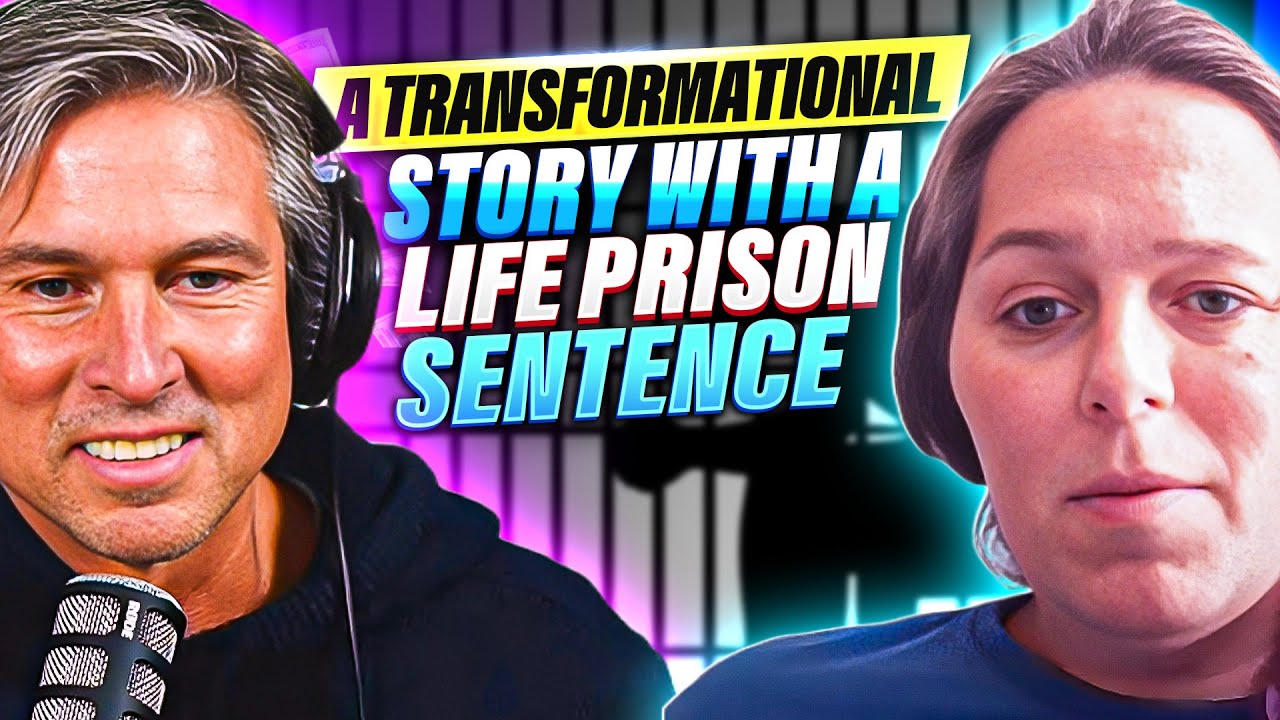I remember the moment Jessica Hicklin shared her story with us, her voice steady yet tinged with the weight of her past. She described standing in the cold confines of Potosi Correctional Center, feeling the walls close in around her. It was there, during her 26 year incarceration for murder, that she began to grapple with the chaos of her childhood, a time marked by violence and neglect. As she spoke, I could almost feel the chill of that concrete cell, a stark contrast to the warmth of her current mission to uplift others.
Jessica’s childhood was riddled with the kind of pain that leaves scars deeper than skin. Growing up with an alcoholic mother and an abusive stepfather, she learned early on that home was not a safe haven. Her father and stepmother perpetuated a cycle of physical, sexual, and emotional abuse, leaving Jessica and her siblings to navigate a toxic environment. Her older sister became a protector, her brother took the brunt of the physical abuse, and her stepbrother tragically succumbed to the darkness, taking his own life.
In a family where survival often meant silence, Jessica began to understand that the only way to cope was through the means she witnessed around her substance abuse became her escape. But it was during this time, amidst the turmoil of her upbringing, that she discovered a flicker of light in education. School became her sanctuary, a place where she excelled academically, away from the shadows of her home life. Yet, the darkness would not remain at bay for long.
After years of turmoil, Jessica Hicklin made a choice that would alter the course of her life forever. In a moment of desperation, she found herself in a situation that led to her conviction for murder, a turning point that would take her from the streets to the stark reality of prison life. Incarceration brought its own set of challenges, yet it was here that Jessica began a profound transformation, one that would not only change her life but also the lives of others. She became the first transgender inmate in Missouri to successfully sue for access to hormone therapy, paving the way for change within the Missouri Department of Corrections.
This experience galvanized her, teaching her that even in the bleakest circumstances, there is potential for advocacy and change. “I realized that my voice mattered,” she told us, a statement that resonated deeply with everyone listening. After two years of freedom, Jessica now stands as co founder and CTO of Unlocked Labs, an organization dedicated to helping prisoners access education and secure better jobs post release. Her mission is clear; she wants to ensure that others do not have to face the same hurdles she did. Through her speaking engagements and the work she does with Unlocked Labs, she is raising awareness about the challenges faced by those who have experienced trauma and incarceration.
She is not just sharing her story; she is creating a platform for others to be heard, advocating for understanding and support. As Jessica shared her journey with us, I found myself reflecting on the strength it takes to confront one’s past. Her life is a testament to the power of purpose found through pain. The emotional arc of her story from despair and hopelessness to empowerment and advocacy is a reminder of the profound impact we can have on each other’s lives.
Each moment she recounted was imbued with lessons about the importance of connection, understanding, and the need for systemic change. In a world that often turns a blind eye to those who struggle, Jessica’s voice stands out as a call for compassion. She encourages us to look beyond the labels of “criminal” and “victim” and to see the human being behind the story. Her journey illustrates the importance of not only surviving but thriving, and how we can all play a part in supporting those who are working to rebuild their lives.
As we wrapped up our conversation, I was left with a sense of hope and a renewed understanding of the complexities of human experience. Jessica’s story is not just about her past, it is about the future she is helping to create for others, a future where trauma does not define one’s path but becomes a catalyst for change. Her journey reminds us that every life has the potential to inspire, and every voice can contribute to a more compassionate world.

